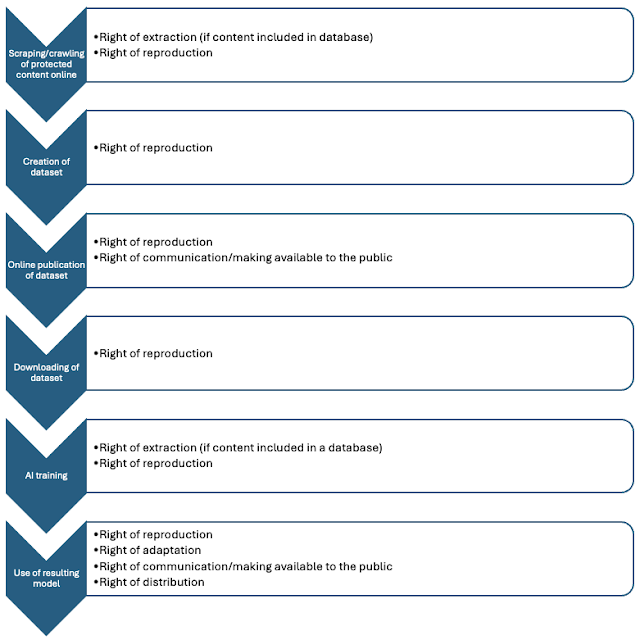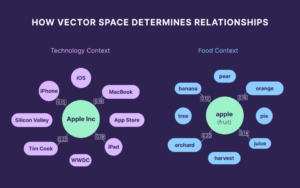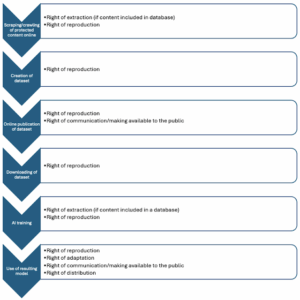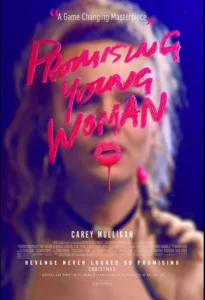“Unlocking the Future: Michael Healy’s Bold Vision for ‘Responsible AI’ and Its Impact on Content Creators”
In the fast-paced world of publishing, where traditional norms are being challenged by the rapid rise of artificial intelligence, one question lingers: how do we protect creativity without stifling innovation? This is the conundrum facing the Copyright Clearance Center (CCC), where Michael Healy, the brain behind a groundbreaking solution, is pioneering pathways to harmonize copyright and technology. With a new collective licensing model specifically for AI-generated content, Healy’s efforts showcase a proactive stance in acknowledging both the rights of creators and the potential of AI. Instead of viewing the two as competitors, Healy advocates for a symbiotic relationship that can pave the way for responsible innovation. As discussions on this topic proliferate, the publishing community appears eager to embrace change. Curious about how this might impact the landscape of authorship and the future of AI in publishing? Let’s dive in! LEARN MORE.
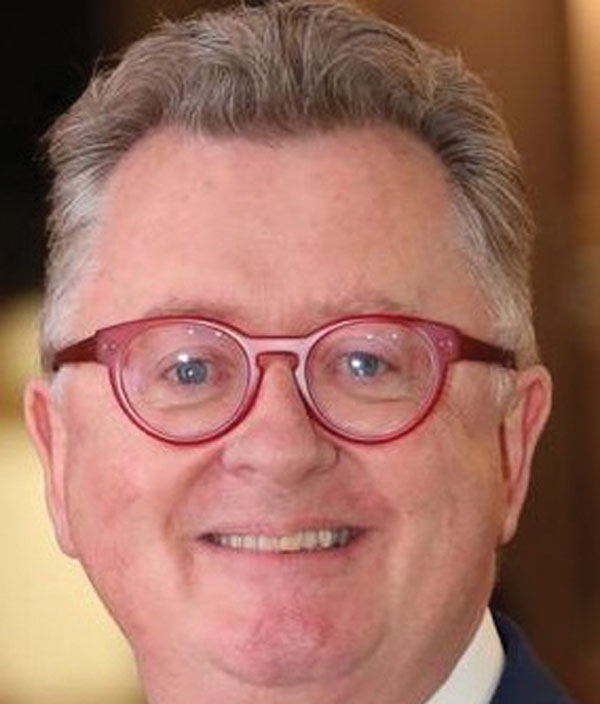
In a rapidly evolving publishing landscape, Copyright Clearance Center (CCC) is taking the lead on addressing one of the industry’s most pressing concerns: the use of copyrighted material in artificial intelligence systems. For Michael Healy, the executive director, rightsholder, and international relations for CCC, that means working carefully to balance innovation with copyright protection.
CCC has developed what Healy describes as “the world’s first collective licensing solution” for AI-related content use. This initiative comes after 18 months of extensive consultations with both licensees and publishers. “We’ve been consulting in two directions,” Healy explained. “We have been talking, first of all, to our business licensees, the people who take our annual copyright license, the blanket license, trying to understand what uses they’re making of copyrighted content within generative AI systems.”
The result of these discussions is a modified version of CCC’s long-standing annual blanket license, now incorporating AI reuse rights. Healy elaborated on the process: “We would roll into our existing annual blanket license a set of AI internal only reuse rights.” This new license was launched in mid-July, marking a significant milestone in the industry’s approach to AI and copyright.
Healy emphasized CCC’s position on the intersection of AI and copyright: “We believe it’s possible to be pro AI and pro copyright. We think the way you achieve that is with this notion of responsible AI.” This approach aims to ensure that publishers and creators are fairly compensated, while allowing for technological advancement.
The reception from the publishing community has been largely positive, according to Healy. “Publishers are coming in in their hundreds, so we’re really pleased with the response,” he said. One of the key strengths of CCC’s solution is its global reach. Healy noted: “Our customers tend to take that license on a global basis. So, if you’re one of our big pharma companies, for example, you want your license to be a global one because you’re a global business.”
Healy has hosted a series of roundtable discussions on AI of late, including at this year’s Sharjah International Book Fair, and frequently fields a range of questions from book business insiders on the technology. They “vary greatly according to the size and type of publisher,” he said, adding that they can range from specific inquiries about the definition of internal use and potential increased royalties to more basic questions about the concept of responsible AI and the differences between direct and collective licensing.
Healy also addressed the varying approaches of AI companies to licensing and copyright. “There are some [AI companies] that immediately understand that they have responsibilities to creators and publishers,” he observed. However, he noted that not all AI companies have taken this approach, creating a complex landscape for publishers to navigate.
A version of this article appeared in the 10/14/2024 issue of Publishers Weekly under the headline: CCC’s Michael Healy Advocates for “Responsible AI From Life Experiences
